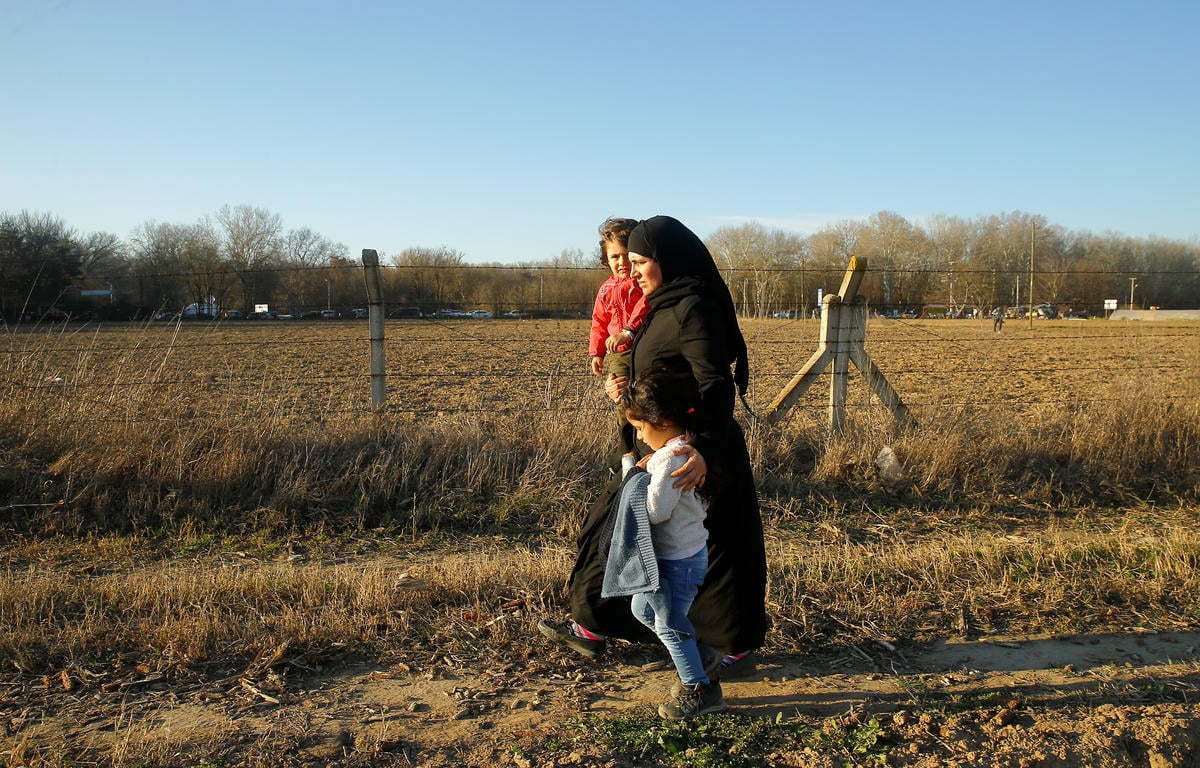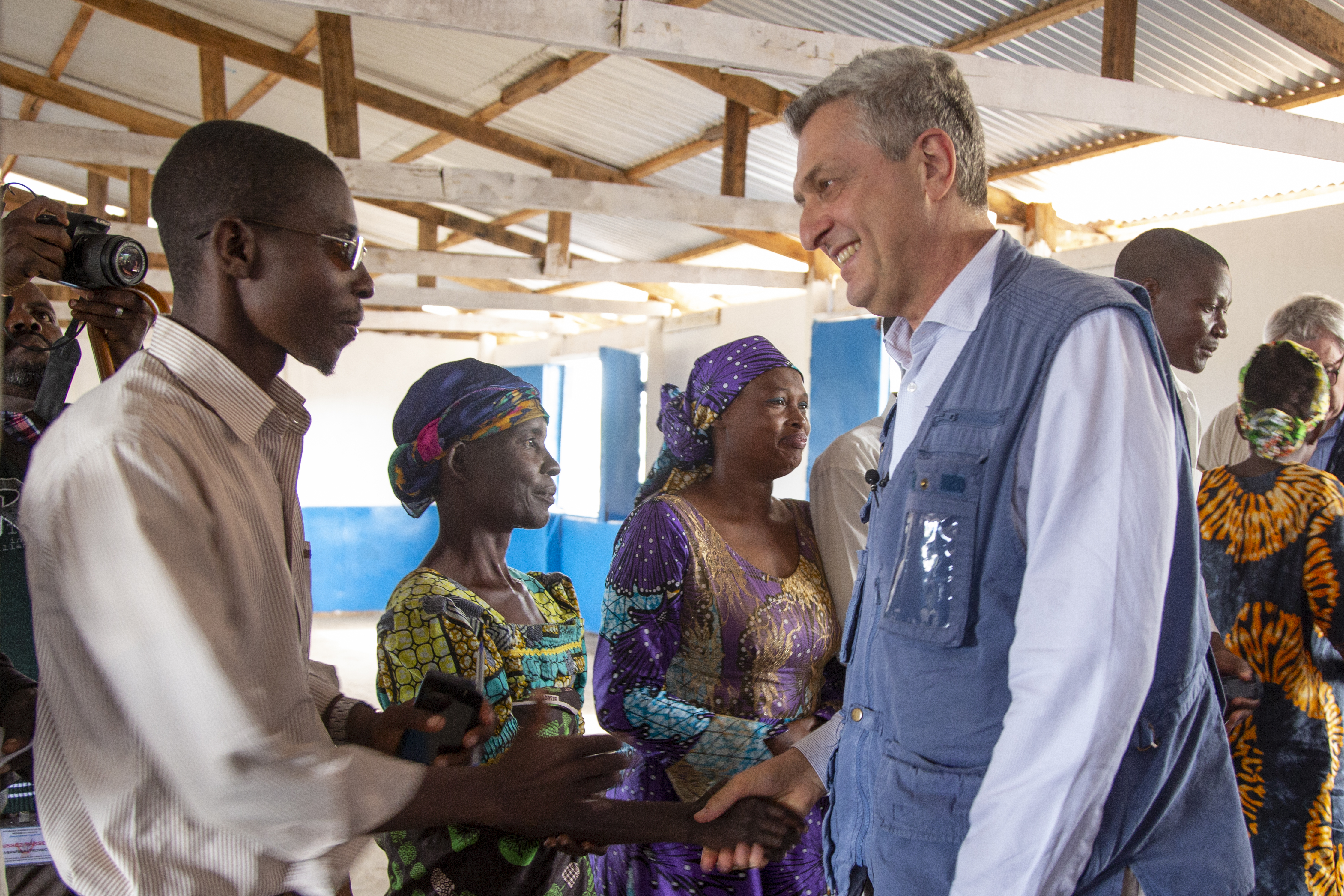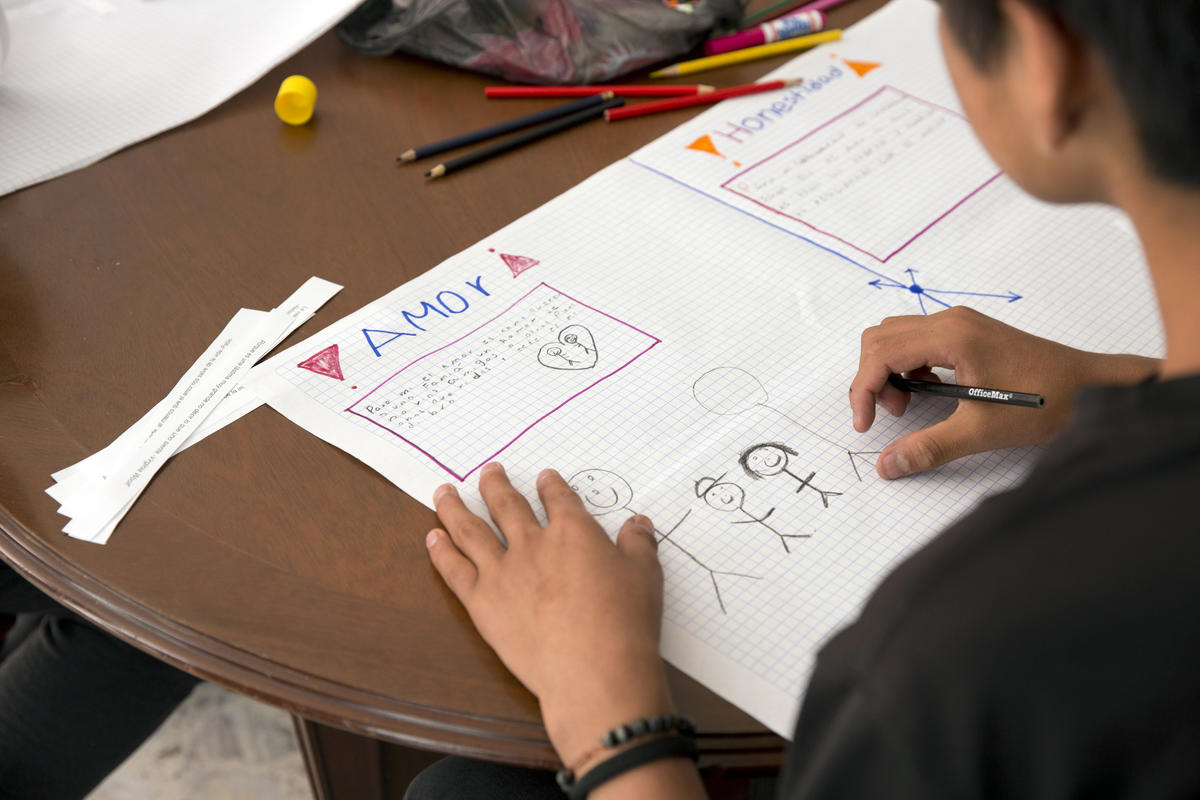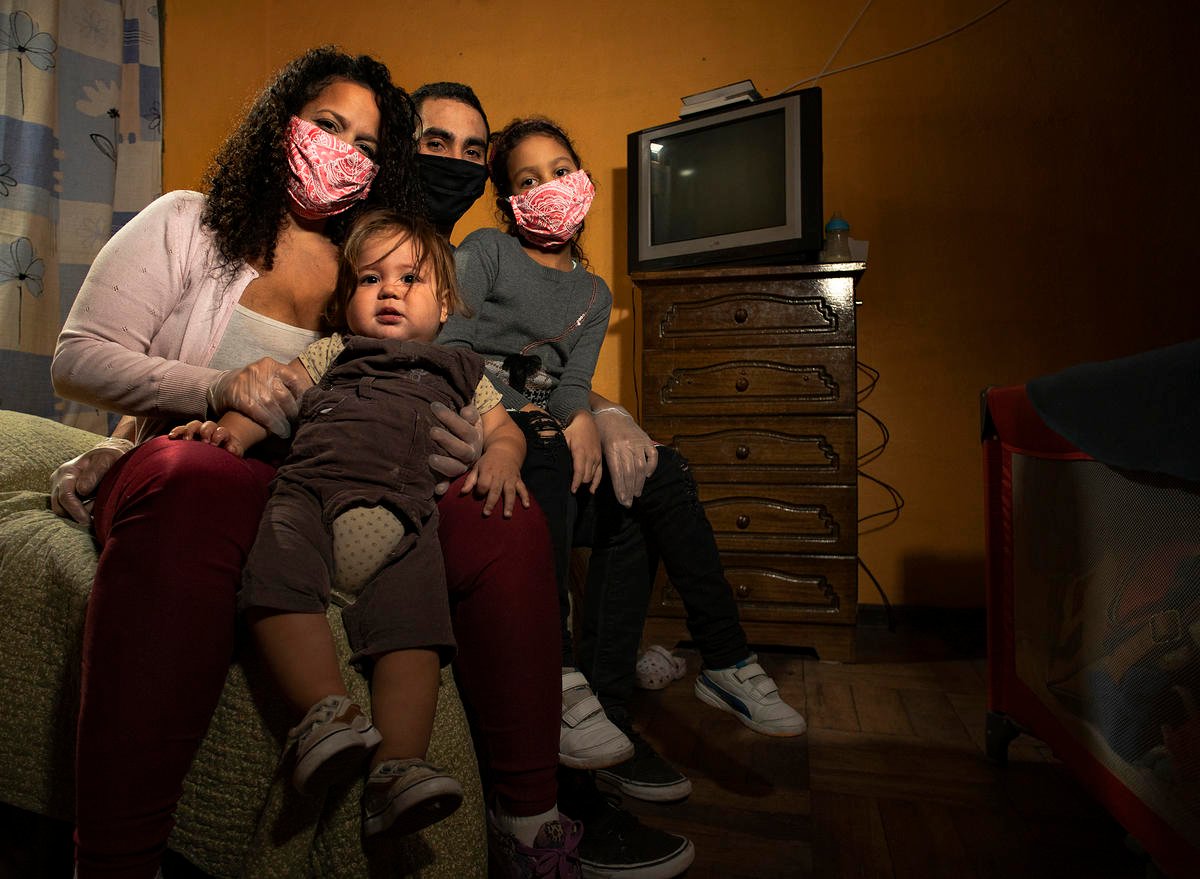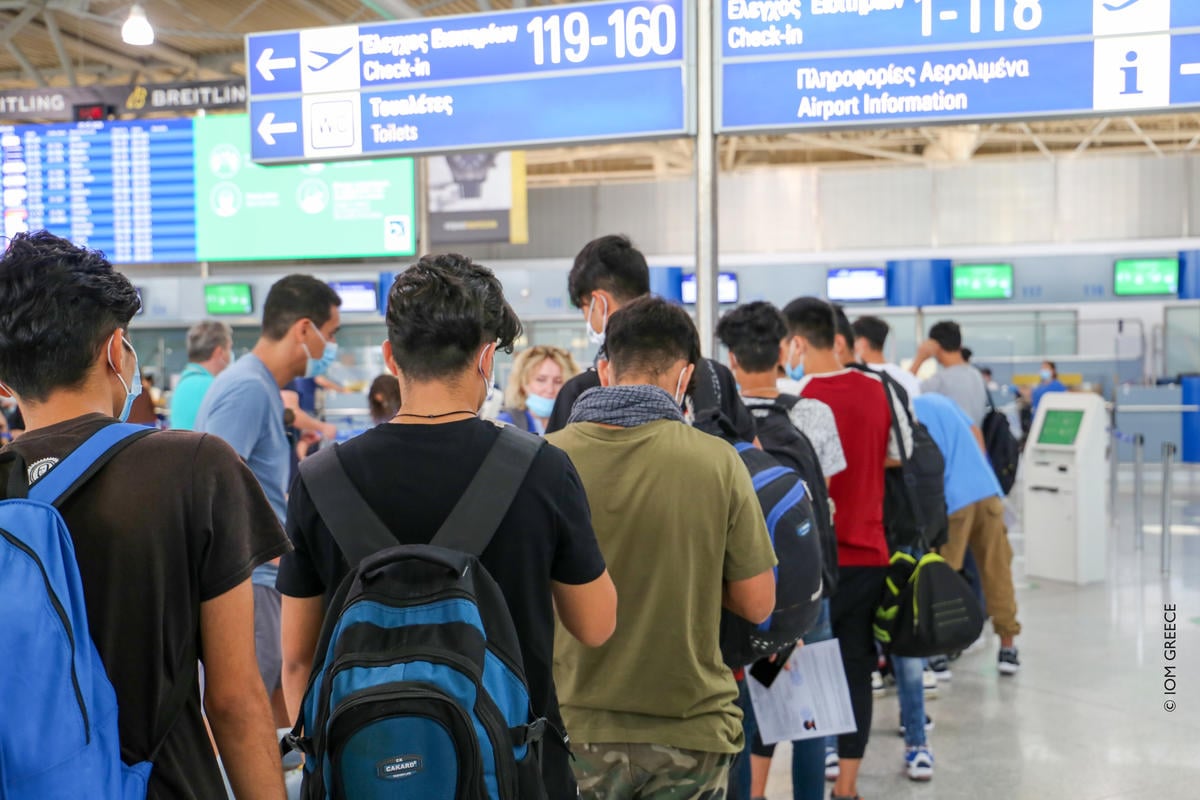UNHCR warns of further boat tragedy risk on Mediterranean
UNHCR warns of further boat tragedy risk on Mediterranean
In Italy's Lampedusa, 311 bodies have so far been recovered from the sea following last week's boat tragedy. There is still no final figure for the number who died. From the 156 survivors we understand that the bodies of between 50 and 70 people have yet to be found. However, with 311 confirmed deaths this is already one of the deadliest incidents on recent record.
UNHCR welcomes the statements and actions this week by the European Commission and some European states on the need to prevent such tragedies in future. Only a collective and comprehensive response to the Lampedusa disaster that properly takes into consideration the situation in countries from which people flee and along asylum routes, the sea journey, and the actions on and after arrival, can reduce the risk to lives. Without this there will be further disasters like Lampedusa's.
The phenomenon of people travelling on small boats across the Mediterranean to Europe is age old and involves issues of asylum as well as migration. Those on board the boat that sank off Lampedusa last week were nearly all Eritrean, and many are likely to have been in need of international protection. Among the survivors are people who previously been at the Shagarab refugee camp in eastern Sudan and the Mai Aini camp in northern Ethiopia. Anger at the Lampedusa deaths among the population in Mai Aini seems to have been a factor in disturbances there last weekend in which 1 person was killed.
UNHCR welcomes the statement made on Wednesday by President of the European Commission Jose Manuel Durao Barroso on the need for measures including strengthened capacity for rescue at sea, and better surveillance to track boats. Fundamentally, it is important too that all available means are used to mitigate the root causes of flight in refugee producing countries. More information needs to be made available about the hazards of irregular sea movements to Europe; there needs to be better gathering and sharing of information about the routes and means that people are taking in flight; and there needs to be improved rescue at sea detection and response, and better care arrangements on arrival after their disembarkation, including improved facilities in, for example, Lampedusa where there is at present serious overcrowding. With the processing of asylum claims, finding lasting solutions for people in need of international protection, and for assisted return s of people not in need of international protection, we believe that wider responsibility-sharing among EU member states could help.
UNHCR stands ready with its NGO partners and IOM to help all States in working towards common solutions to the problems that lie behind last week's accident off Lampedusa.
For more information on this topic, please contact:
- In Geneva, Adrian Edwards on mobile +41 79 557 9120
- Dan McNorton on mobile +41 79 217 3011
- In Rome, Barbara Molinario on mobile +39 338 546 2932


